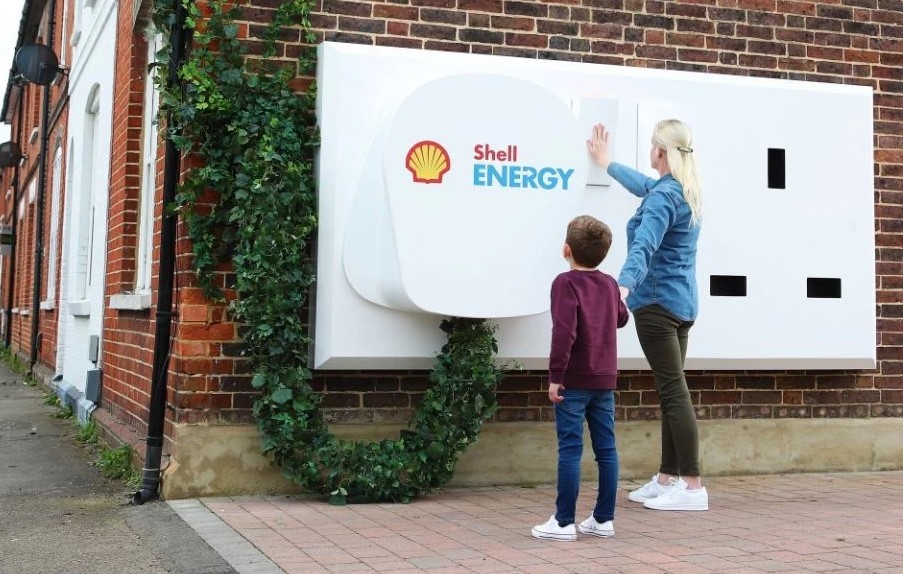Shell Energy has posted an almost £32 million loss for 2019, pointing to falling customer numbers as competition in the sector remains strong.
In the company’s financial results for the year ended 31 December 2019, the company’s loss before tax sits at £31,538,000, a dramatic increase from £20,994,000 the year previously.
Operating loss also grew, hitting £26,765,000 in 2019 compared to £20,302,000 in 2018 driven principally by “adverse market conditions” the company noted. No dividends were paid in 2019 compared to £5,000,000 in 2018.
In particular, Shell Energy has seen “unsustainable, below-cost pricing across the market” attracting customers away from the company to rival suppliers. With suppliers offering very low cost contracts, many have struggled to survive in the market in recent years, with 26 suppliers shuttering leaving behind £300 million in debt.
This has continued through 2020, with Yorkshire Energy, GnERGY, Effortless Energy and Tonik Energy all closing as market conditions remain challenging.
Ed Kamm, CEO of Shell Energy Retail, said the company’s 2019 financial performance was “as expected”, adding that it was “indicative of the retail energy market as a whole”.
“This has not stopped us investing for the long term. We continue to build a business that provides households with lower carbon options, as the UK transitions to net zero emissions, and a foundation for success in the decades to come.”
There were key expansions in 2019, in particular the acquisition of Hudson Energy on November 29 for £10.5 million, which was further consolidated in 2020 when Hudson’s name changed to Shell Energy, a brand that also includes First Utility, having also been renamed to Shell Energy in 2019.
The company noted that whilst the COVID-19 pandemic has not impacted these results, it is expected to adversely impact the company going forwards. It also noted that while the result of this impact is currently difficult to predict, it has taken steps to mitigate it and is expecting to have adequate resources to continue operational existence in the foreseeable future.
In has continued to develop throughout 2020 regardless, including launching a new electric vehicle charging offer in February and two new carbon neutral tariffs in June.





